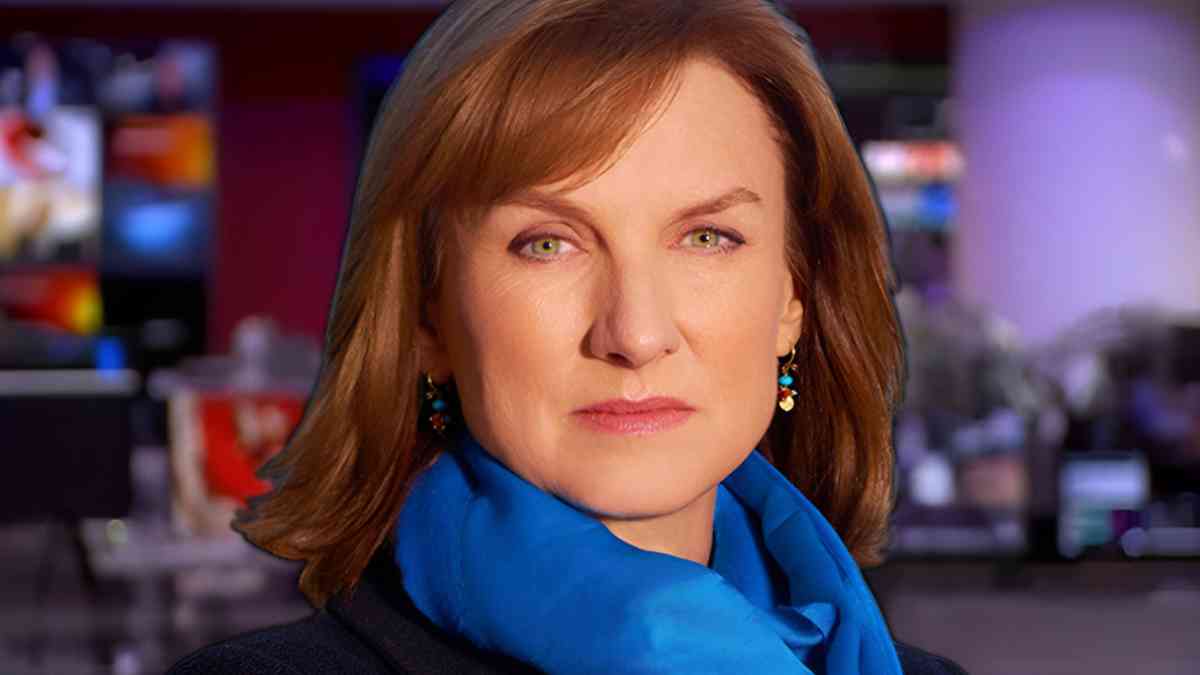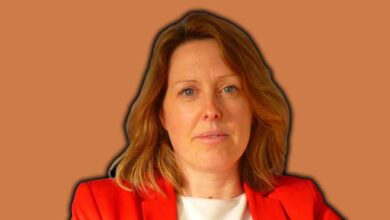Fiona Bruce Journalist: A Fearless Icon of British Broadcasting

Fiona Bruce, journalist, presenter, and one of the most recognisable faces on British television, has carved out an extraordinary legacy in broadcasting. With her poised delivery, sharp intellect, and commanding presence, Bruce has not only reported the news but shaped public discourse. From presenting primetime news bulletins to hosting the iconic Antiques Roadshow and the fiery political forum Question Time, Fiona Bruce has proven herself to be much more than just a presenter—she is a formidable force in UK journalism.
Early Life and Education: A Global Beginning
Born on 25 April 1964 in what was then British Malaysia, Fiona Bruce spent her formative years in a mix of international and British environments. Her family relocated to the UK, where she attended Haberdashers’ Aske’s School for Girls before moving on to study French and Italian at Hertford College, Oxford. Her academic journey included time at the University of London Institute in Paris, strengthening her linguistic command and deepening her global outlook.
Before stepping into journalism, Bruce had stints in management consulting and advertising—fields that equipped her with a sense of professionalism and business acumen. Yet it was journalism that truly ignited her passion, pushing her towards a groundbreaking career at the BBC.
BBC Career: Building a Broadcasting Legacy
Fiona Bruce’s BBC journey began in 1989, when she joined as a researcher on the long-running current affairs programme Panorama. Her keen research skills and on-screen charisma were soon recognised, propelling her into the spotlight. By 1992, she was appearing on Breakfast News, quickly followed by roles on Newsnight and Public Eye.
One of her major breakthroughs came in 1999 when she became the first female newsreader on the BBC Ten O’Clock News, a significant achievement in a field historically dominated by men. Her calm and confident delivery made her a household name and established her as a trusted source of information.
Over the years, Bruce has hosted a range of BBC programmes including Real Story, Crimewatch, and BBC News at Six. Her ability to switch between hard-hitting investigative journalism and more accessible, popular programming is rare and reflects her versatility.
Antiques Roadshow: A National Treasure Meets a National Institution
In 2008, Fiona Bruce took over from Michael Aspel as the host of Antiques Roadshow, a Sunday evening favourite that explores the hidden treasures found in ordinary British homes. Her warmth, curiosity, and genuine interest in people’s stories brought new energy to the programme, appealing to both older viewers and a new generation discovering the charm of vintage Britain.
Under her stewardship, Antiques Roadshow maintained its popularity and even gained a renewed cultural relevance, as more Britons began exploring family history and heirlooms. Bruce’s encyclopaedic grasp of history and her tactful interviewing style gave the show a polished, respectful tone.
Question Time: Commanding the Nation’s Political Debate
Perhaps the most challenging role of Fiona Bruce’s career came in January 2019, when she was chosen to succeed David Dimbleby as the presenter of BBC Question Time. This political debate programme, watched closely by politicians and the public alike, required a host with resilience, impartiality, and exceptional skill in handling live, high-stakes dialogue.
Bruce embraced the challenge with vigour. She brought a firm but fair approach, steering conversations with intelligence and authority. Though she faced criticism from some quarters—an occupational hazard of political broadcasting—she held her ground with professionalism, continually emphasising balanced discussion and public accountability.
Her presence on Question Time helped modernise the show, bringing a fresh yet authoritative voice to a format steeped in tradition.
Beyond the Newsroom: A Multi-Dimensional Broadcaster
Fiona Bruce is not just confined to the studio. She has presented a variety of acclaimed documentaries including The Queen’s Palaces, Victoria: A Royal Love Story, and The People’s Coronation. These documentaries reveal another side to Bruce—a thoughtful historian and storyteller who can connect the dots between Britain’s past and present.
She has also taken part in the popular genealogy programme Who Do You Think You Are?, uncovering surprising elements of her own family history. Her episode added a personal touch to her public persona, showing viewers a deeper, more introspective Fiona Bruce.
Her fluency in French and Italian, along with her academic background, has made her an insightful commentator on international affairs as well.
Challenges and Triumphs: Navigating a Male-Dominated Industry
As a woman in the upper echelons of British media, Fiona Bruce has faced scrutiny that her male counterparts rarely experience. From criticism about her wardrobe to unjustified complaints about her perceived tone or demeanour, Bruce has weathered many storms. Yet she has consistently risen above them with grace and quiet determination.
She has also spoken candidly about work-life balance, family commitments, and the pressure of public life. Married to Nigel Sharrocks since 1994 and a mother of two, Bruce has often juggled her demanding career with motherhood—something that many viewers find both relatable and inspiring.
Public Perception and Cultural Impact
Fiona Bruce remains one of the most respected figures in British broadcasting. Her career spans more than three decades, and she is widely admired for her poise, intellect, and journalistic integrity.
Unlike some media personalities who drift into celebrity territory, Bruce has maintained a professional image focused on substance over style. She is often seen as the voice of reason during times of national crisis, lending credibility and clarity to confusing or tense situations.
Whether it’s reporting breaking news, moderating political debates, or unearthing treasures from British history, Fiona Bruce connects with viewers on multiple levels. Her ability to handle complex subjects while making them accessible to a broad audience is a testament to her skill and dedication.
Awards and Accolades
Over her distinguished career, Fiona Bruce has received numerous awards and accolades, including multiple RTS awards and acknowledgements for her broadcasting excellence. Her presence in primetime news and flagship BBC programmes underscores the high regard in which she is held by both peers and audiences.
She is often invited to moderate conferences, deliver keynote speeches, and participate in public debates—not merely because of her fame, but because of the respect she commands as a thoughtful and fair-minded journalist.
A Lasting Legacy in Journalism
Few broadcasters manage to achieve the longevity and impact that Fiona Bruce has enjoyed. Her path from researcher to national figure is a blueprint for aspiring journalists across the UK. She has shattered glass ceilings, maintained journalistic integrity, and shown that intelligence and authenticity still matter in a media world often driven by sensationalism.
Her contribution to British broadcasting is undeniable. Whether guiding us through major political developments, gently discussing family heirlooms, or exploring royal residences, Fiona Bruce brings a rare blend of knowledge, empathy, and authority.
Conclusion: The Enduring Voice of the BBC
Fiona Bruce, journalist, presenter, and pioneer, stands as a symbol of the very best that British journalism has to offer. Her voice is calm in chaos, her questions are sharp yet fair, and her presence remains a steady anchor in a fast-changing media landscape. As she continues to grace our screens, she inspires the next generation of journalists to follow in her path—with integrity, passion, and resilience.



